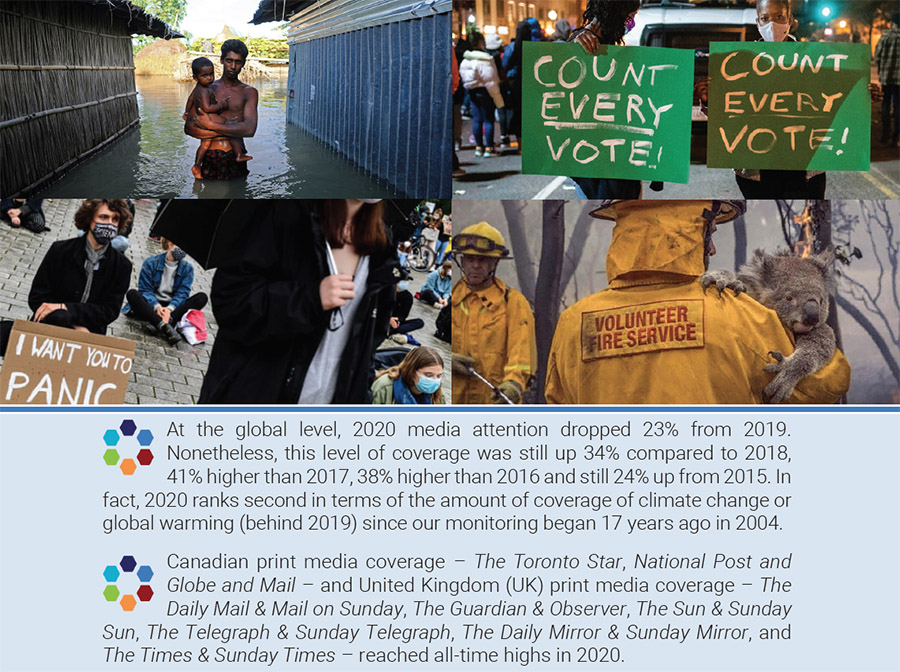The Dutch markets watchdog has warned that retail customers usually get a worse price when their trades are sent to venues that pay for investors’ orders, adding to intense regulatory scrutiny of the controversial practice.
A study by the Dutch Authority for the Financial Markets (AFM), published on Wednesday, will add fuel to EU regulators’ scrutiny of payment for order flow, a process whereby brokers sell their customers’ orders to market intermediaries.
The AFM found customers were hit with a higher price in 70-85 per cent of cases than if those same orders were sent to more competitive markets.
By comparison, investors were better off when their trades went to venues also open to banks and fund managers, or Euronext, the primary European exchange — receiving an inferior price in less than a quarter of cases.
Payment for order flow has also been the subject of intense debate across the Atlantic.
Wall Street trading firms paid almost $3bn to retail brokers such as Robinhood to manage their trades in 2020, and $3.8bn last year, according to Bloomberg data. Regulatory focus on the practice intensified in early 2021 when the meme-stock frenzy fuelled a surge in payment for order flow, prompting Democratic senator Elizabeth Warren to express “troubling concerns” about the companies carrying out Robinhood’s trades.
The practice is not banned outright across the EU. But tough rules on inducements and finding the best price for clients mean most market participants find payment for order flow difficult to implement.
Even so, a few national regulators, including Germany’s financial watchdog, interpret the rules differently. Brussels has proposed a formal ban to ensure the rules are enforced across the bloc.
The uncertainty has created uneven rules in which some regional stock exchanges and alternative trading venues offer fees for orders. Other venues permit only one dedicated market maker to supply prices to buy and sell, with brokers selling their orders to that market maker.
The AFM’s study assessed two trading venues that relied on payment for order flow, one which did not and one low-cost retail broker. The study covered the first half of 2021. It found that retail investors received a better price only about 5-8 per cent of the time on a “PFOF venue”, which had paid for customers’ orders.
That proportion compared to only 1-2 per cent on more open markets. Using a broker, retail investors received a worse price in about a third of cases but were just as likely to get a better price.
The AFM’s analysis focused only on Dutch shares, but the watchdog said it had sent its model to other regulators in Europe to use for their own studies.
Market participants have been divided over a potential ban.
Trade Republic, a German trading platform with a million customers, has warned it would hurt retail investors. Virtu Financial, the US group, has urged European authorities not to pursue a ban and called on them to study the US market to understand how a “properly configured PFOF ecosystem” can benefit investors, according to a private submission to European Securities and Markets Authority last month and seen by the Financial Times. It has advocated explicit disclosures to all clients of retail brokers who receive payment for order flow.
“The US structure, formulated to ensure competition, best execution, and transparency, is not evident in the current EU market practices surrounding PFOF,” it warned.
Optiver, a Dutch market maker, has backed a ban, but cautioned that the wording of the AFM’s proposals would not curb other market practices that skirt the spirit of the rules.
Retail investors lose out when brokers sell their orders, Dutch regulator warns



